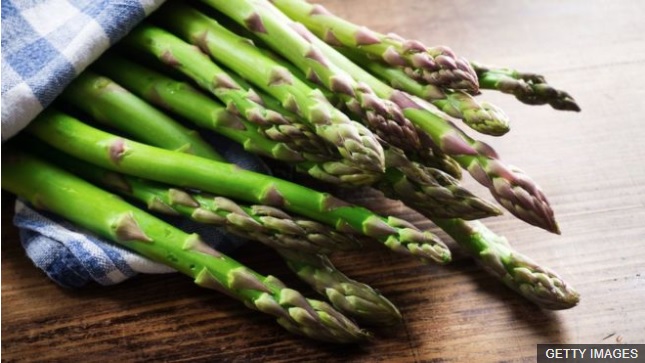
There is mounting evidence the food on your plate can alter cancer's growth and spread, say Cambridge scientists.
Animal research, published in the journal Nature, showed breast tumours struggled without the dietary nutrient asparagine.
It is found in the foodies' favourite asparagus, as well as poultry, seafood and many other foods.
In the future, scientists hope to take advantage of cancer's "culinary addictions" to improve treatment.
Asparagine is an amino acid - a building block of protein - and takes its name from asparagus.
Spread
The study, conducted at the Cancer Research UK Cambridge Institute, took place on mice with an aggressive form of breast cancer.
Normally they would die in a couple of weeks as the tumour spread throughout the body.
But when the mice were given a low-asparagine diet or drugs to block asparagine then the tumour struggled to spread.
"It was a really huge change, [the cancers] were very difficult to find," said Prof Greg Hannon.
Last year, the University of Glasgow showed cutting out the amino acids serine and glycine slowed the development of lymphoma and intestinal cancers.
Prof Hannon told the BBC: "We're seeing increasing evidence that specific cancers are addicted to specific components of our diet.
"In the future, by modifying a patient's diet or by using drugs that change the way that tumour cells can access these nutrients we hope to improve outcomes in therapy."

